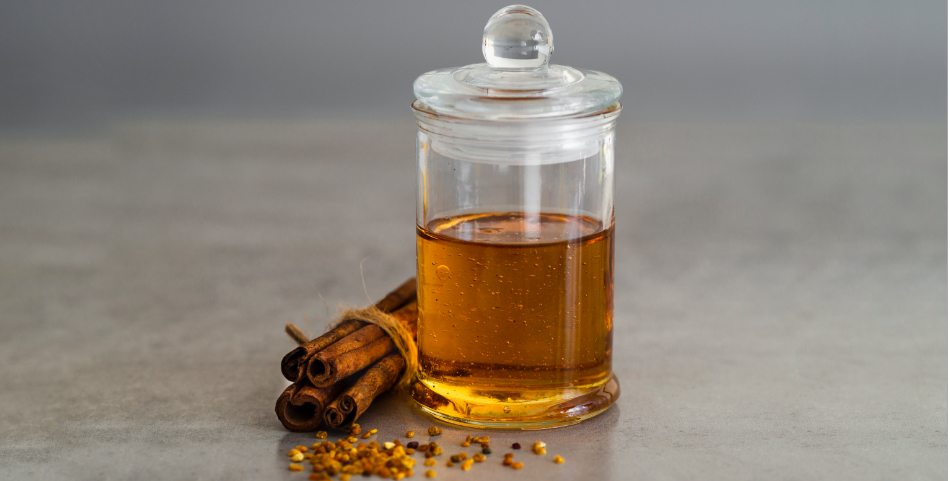Embracing the Warmth of Cinnamon Oil: A Spicy Aromatic Journey
In the realm of essential oils, few scents evoke as much warmth and comfort as cinnamon oil. Derived from the bark of the cinnamon tree, this aromatic elixir has been cherished for centuries for its distinctive fragrance and potential health benefits. In this exploration of cinnamon oil, we’ll uncover its origins, uses, and the potential it holds for enhancing various aspects of our lives.
A Glimpse into Cinnamon’s Origins
Cinnamon, the spice that conjures images of cozy winter evenings and delectable baked goods, is where cinnamon oil finds its roots. Harvested from the inner bark of cinnamon trees, the oil captures the essence of this beloved spice. With its rich history dating back to ancient Egypt, where it was treasured for its aromatic qualities and medicinal potential, cinnamon has continued to be a sought-after substance across cultures and generations.
The Aromatic Symphony of Cinnamon Oil
Cinnamon oil’s signature warm and spicy aroma is what sets it apart. Its scent is both invigorating and soothing, making it a popular choice for aromatherapy and home fragrances. Just a few drops of cinnamon oil in a diffuser can infuse your living space with a sense of comfort and relaxation. This oil’s aroma is often associated with feelings of coziness, making it a favorite during colder months or whenever you crave a touch of warmth.
Potential Health and Wellness Benefits
Beyond its delightful aroma, cinnamon oil boasts potential health benefits that have piqued the interest of natural health enthusiasts:
- Antimicrobial Properties: Cinnamon has a long history of use as a natural preservative due to its antimicrobial properties. Cinnamon oil may help inhibit the growth of certain bacteria and fungi, making it a valuable addition to homemade cleaning solutions and personal care products.
- Blood Sugar Support: Some studies suggest that cinnamon may assist in stabilizing blood sugar levels. While more research is needed, cinnamon oil’s compounds could contribute to maintaining healthy blood sugar levels when used as part of a balanced lifestyle.
- Emotional Wellbeing: The warming and comforting scent of cinnamon oil can have a positive impact on emotions. It might help uplift mood, alleviate stress, and create a soothing atmosphere, especially when used in aromatherapy practices.
Exploring Cinnamon Oil Uses
- Aromatherapy: As mentioned, diffusing cinnamon oil can create a cozy and inviting atmosphere in your home. Its scent can also help stimulate mental clarity and focus.
- Massage: Diluted cinnamon oil can be used in massage oils for a warming and invigorating experience. Remember to mix it with a carrier oil to prevent skin irritation.
- DIY Products: Add a few drops of cinnamon oil to your homemade cleaning products or skincare formulations to harness its antimicrobial and aromatic benefits.
Cautions and Considerations
While cinnamon oil offers numerous potential benefits, it’s important to exercise caution when using it:
- Skin Sensitivity: Cinnamon oil is potent and can cause skin irritation if used undiluted. Always dilute it with a carrier oil before applying to the skin.
- Internal Use: Some types of cinnamon oil, particularly those high in cinnamaldehyde, may be toxic when ingested. Consult a healthcare professional before considering internal use.
- Pregnancy and Children: Pregnant individuals and young children should avoid using cinnamon oil due to its potential to stimulate contractions and skin sensitivity.
Incorporating cinnamon oil into your lifestyle can be a delightful and aromatic experience. Whether you’re seeking emotional comfort or exploring its potential health benefits, this spicy elixir can add a touch of warmth and wellbeing to your daily routine. As with any essential oil, proper usage and consultation with a healthcare professional are essential to ensure a safe and enjoyable experience.
